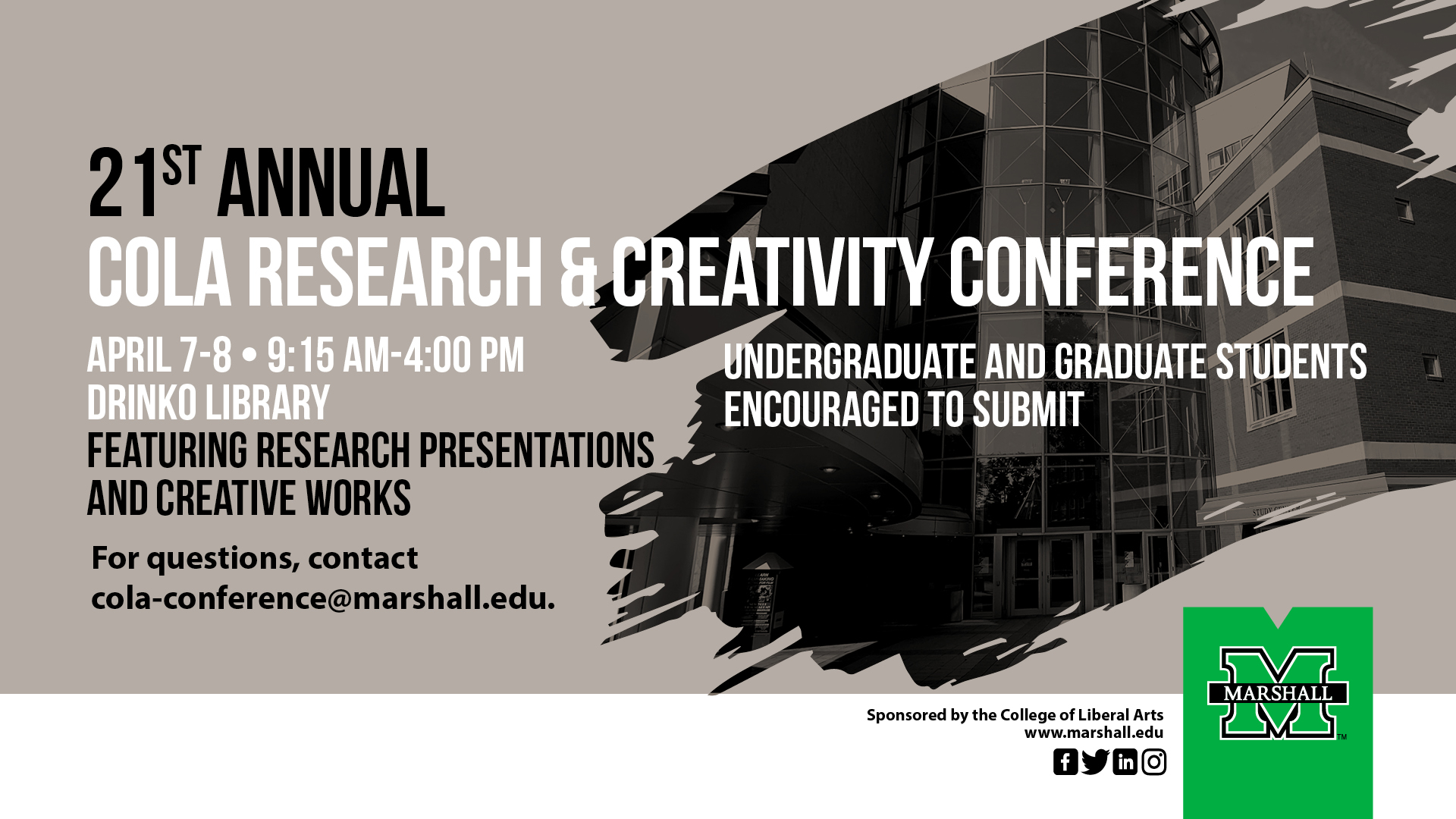Renovating the Master’s House: Resistance Through Pedagogy
Document Type
Panel Presentation
Keywords
pedagogy, critical race theory, antiracism
Biography
Hallie Knipp is a second-year English MA student studying Appalachian literature and culture.
Major
English
Advisor for this project
Dr. Megan Marshall
Abstract
Higher education in the United States has an illustrious but tarnished history; slave labor built many of our oldest universities and reminders of this systemic oppression is still visible in the operations of contemporary institutions. While many universities today boast of strides toward campus diversity, these efforts are often superficial, leaving most students unchanged and unchallenged. Built upon generations of racial and class disparity, current movements toward diversity may look good on paper, but do little to change foundational university culture. Educator scholars have responded by integrating critical race theory into their pedagogies, demonstrating how, just as community organizers can better their neighborhoods more efficiently than they can change the world, those of us privileged to teach in classrooms must recognize these spaces as places to enact equitable ideals– even while larger institutions have yet to uphold them. My capstone attempts to explore classroom practices that disrupt university inequity. The project consists of a critical essay which examines Marshall University’s own shortcomings as well as broader inequities and develops a specific curriculum which seeks to combat this. Ultimately, my goal for this project is to examine how “high level” university policy affects the classroom, and how individual educators can push against that.
Renovating the Master’s House: Resistance Through Pedagogy
Higher education in the United States has an illustrious but tarnished history; slave labor built many of our oldest universities and reminders of this systemic oppression is still visible in the operations of contemporary institutions. While many universities today boast of strides toward campus diversity, these efforts are often superficial, leaving most students unchanged and unchallenged. Built upon generations of racial and class disparity, current movements toward diversity may look good on paper, but do little to change foundational university culture. Educator scholars have responded by integrating critical race theory into their pedagogies, demonstrating how, just as community organizers can better their neighborhoods more efficiently than they can change the world, those of us privileged to teach in classrooms must recognize these spaces as places to enact equitable ideals– even while larger institutions have yet to uphold them. My capstone attempts to explore classroom practices that disrupt university inequity. The project consists of a critical essay which examines Marshall University’s own shortcomings as well as broader inequities and develops a specific curriculum which seeks to combat this. Ultimately, my goal for this project is to examine how “high level” university policy affects the classroom, and how individual educators can push against that.



